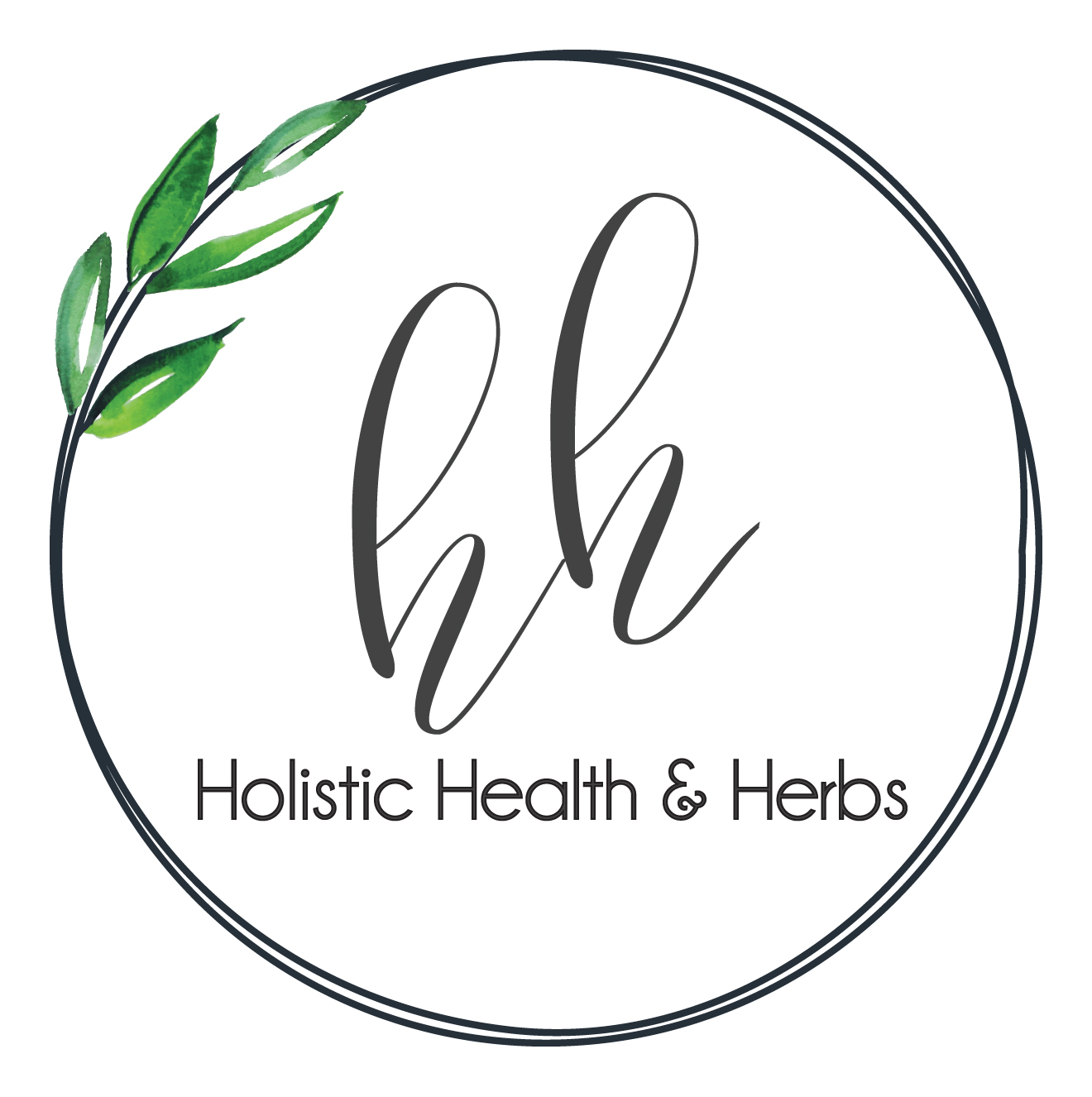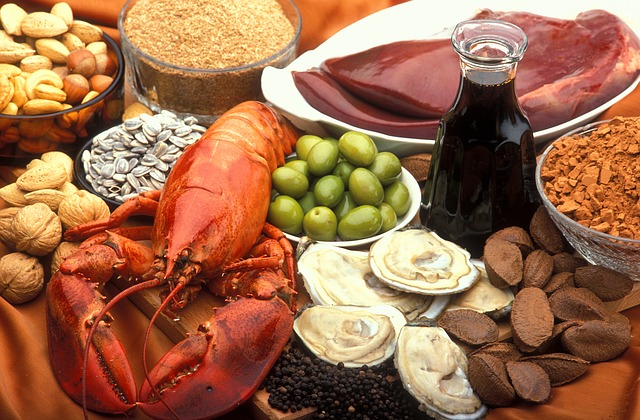Zinc
Your body relies on zinc for many functions including growth, maintenance, hormone creation and balance. Even though we don’t need zinc in great amounts, it is an ‘essential’ nutrient which means your body needs it to stay healthy but is unable to produce it so it must be obtained from the food we eat.
We use zinc in hundreds of ways but here are some of the highlights:
• Zinc is instrumental in supporting the immune system by fighting off viruses and bacteria.
• Zinc helps to create DNA in every cell.
• Zinc is crucial for hormone synthesis and balance (e.g. thyroid, progesterone, cortisol).
• Zinc is essential during growth and development in babies and children.
• Zinc is a major building block for enzymes needed in healthy metabolism.
• Zinc allows you to smell and taste.
• Zinc improves wound healing.
• Zinc naturally stabilizes blood sugar.
• Zinc an combat high blood pressure.
• Zinc may help boost fertility.
• Zinc can boost athletic performance through improved muscle repair.
Signs that you might not be getting enough zinc include:
• Loss of appetite
• Diarrhea
• Hair loss
• Hormonal imbalance (especially low thyroid and low progesterone)
• A weak immune system
• Brain fog
• Unexplained weight loss
• Changes in taste
• Changes in smell
• Low libido
• Poor wound healing
• Fatigue
• Digestive issues
• Developmental delays in children
Factors that can put you at risk for having lower levels or poor absorption of zinc include:
• Those who have had gastrointestinal surgery
• Women on hormonal birth control
• Having leaky gut syndrome
• Vegetarians and vegans
• Alcoholics
• People with sickle cell anemia
Zinc has a huge impact on your hormones as well.
Your body needs sufficient levels of zinc to create hormones and to also maintain the correct hormone balance.
Research has found that zinc levels are directly associated with the following hormones:
• Testosterone
• Growth hormone
• Thyroid hormones – T3 & T4
• Oestrogen
• Progesterone
15 Best Food Sources of Zinc
1. Oysters
2. Grass-fed beef
3. Turkey breast
4. Lamb
5. Sesame Seeds
6. Pasture-raised chicken
7. Beans
8. Pumpkin seeds (pepitas)
9. Peanuts
10. Cashews
11. Sunflower seeds
12. Cocoa
13. Pork
14. Egg
15. Almonds
Nutrients that improve your zinc absorption include amino acids, specifically histidine and methionine.
On the other hand, a few nutrients are known interfere with zinc absorption include:
• Iron
• Cadmium
• Phytate
Phytate is often found in corn, rice, and cereals and has been shown to very strong in inhibiting zinc absorption.
If you have insufficient zinc levels, it’s important to consider the factors that could be interrupting absorption, especially if you believe you’re getting enough zinc in your diet or through supplementation.
How Much Zinc Should You Take?
An adult should be getting at least 40 mg of zinc per day. If you’re taking a zinc supplement I recommend around 30 mg for anyone interested in balancing their hormones.
It is possible to take too much zinc, especially in the form of supplements. If you accidentally take too much as you think you could experience:
• Nausea
• Abdominal cramping
• Vomiting
• Poor appetite
• Headaches

